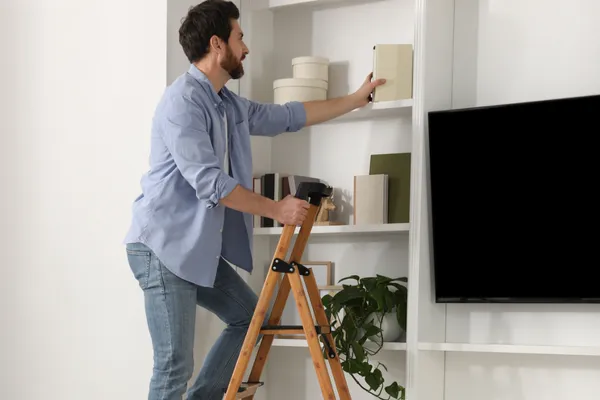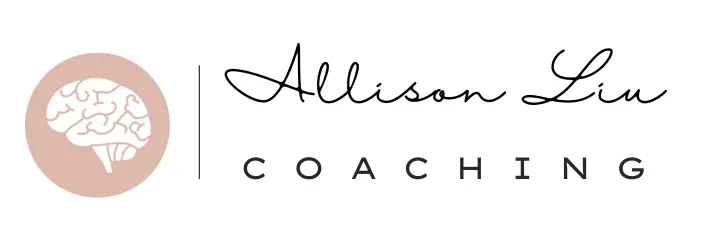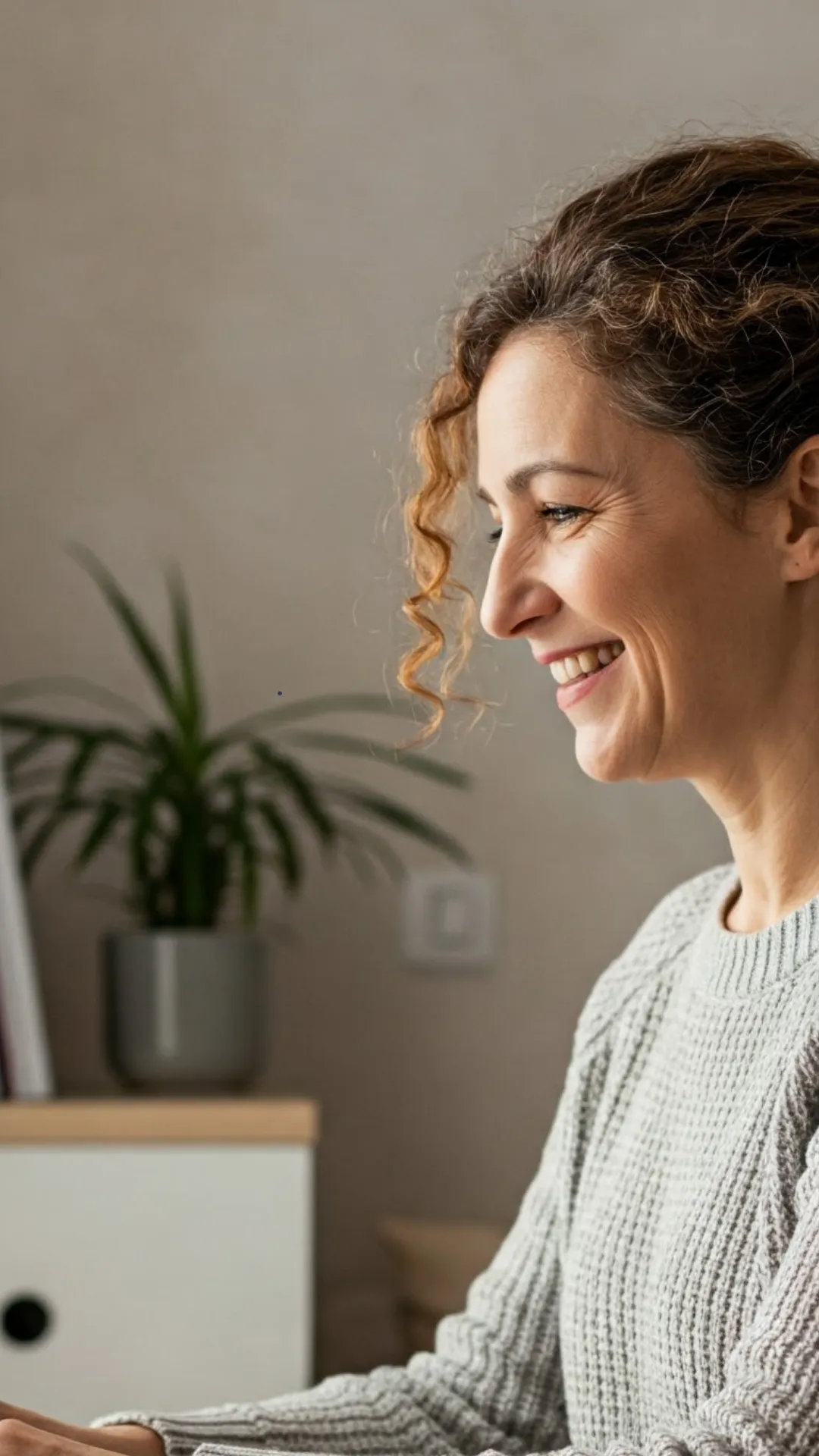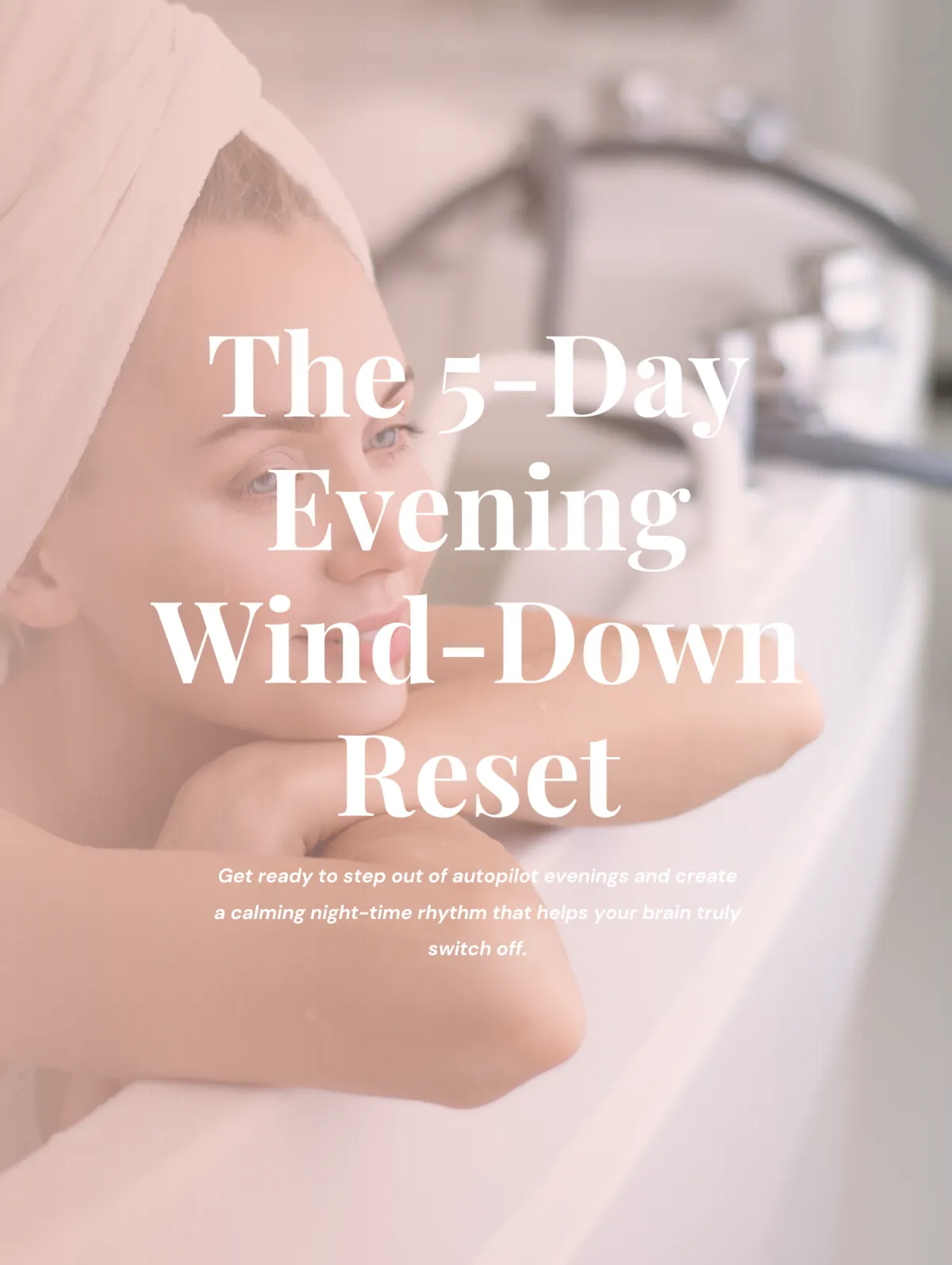
The Brain Injury You May Not Know You’ve Had & How To Prevent The Next One
"This is worth repeating over and over: Protect your head. It contains your brain, which runs everything in your life." Dr Daniel Amen, founder of Amen Clinics and author of Memory Rescue.
Most of us don’t spend much time thinking about head injuries. We think about work deadlines, family dramas, school runs, the washing pile, and the nagging sense that our hormones are doing something entirely unpredictable again. We juggle ageing parents and teenagers, careers and homes, partners and friendships, all while navigating a brain that sometimes feels foggier or more fragile than it used to.
But what we often overlook are the small, everyday knocks and jolts that happen in the middle of real life - when we’re rushing, distracted, tired, or trying to do three things at once.
This article is not about fear - it's about wisdom. It’s about learning how to protect the only brain you’ll ever have in simple, everyday ways.
Because your brain is carrying a lot - and it deserves to be supported well.
Why Head Trauma Matters (Especially in Midlife)
We tend to think of our brain as tough but the reality is quite different. Your brain has the consistency of soft butter. It sits inside a hard skull filled with sharp, bony ridges, and although it floats in a bath of protective cerebrospinal fluid, it can still move or collide with those ridges when the head is jolted.
A sudden bump or jolt can create more stress inside the brain than we realise.
Part of the problem is that we can’t see it. If you bruise your leg, you notice it. If you cut your skin, you clean it. But when you slip on the stairs or bang your head getting into the car, there’s no visible mark. So you shrug it off, rub the spot, and carry on with your day.
But your brain may have experienced something else entirely.
And during midlife, this matters even more. Hormonal shifts can already affect your mood, memory, focus, sleep, and emotional regulation. A bad knock can temporarily exaggerate these symptoms or add to the sense of mental overload you’re already navigating. Brain fog feels thicker. Irritability creeps up more quickly. Headaches linger. You feel less steady, less sharp, less like yourself.
You already know how to protect yourself from the big risks - helmets, icy pavements, extreme sports. But everyday choices often matter just as much.
The Everyday Risks That Slip Into Busy Midlife
Likelihood is, your days are full. You’re moving fast, carrying heavy things, multi-tasking constantly, and holding up so many parts of life for the people you love.
And that’s exactly when the small risks creep in.
You rush downstairs because you’re late. You carry too many bags at once. You bend into the car boot to grab something quickly. You bang your head on a cupboard door that someone else left open. You slip on a wet patch near the sink. You walk while reading a message because “it’ll just take a second.” You trip over a rucksack left in the hallway or a pile of laundry waiting to be sorted.
None of this is clumsiness. It’s life. It’s midlife. It’s the reality of carrying so much, for so many.
But these tiny, ordinary moments are some of the most common reasons people experience hidden head injuries - the kind that don’t leave a mark, but do leave an impact.
Why This Should Matter to You
Because you need your brain to keep up with the life you’re living.
Your teenagers may not need help tying their shoelaces anymore, but they need emotional guidance, presence, patience, and wisdom - all of which rely on a clear, steady mind. Your career needs your focus. Your home needs your organising brain. Your relationships need your ability to think, connect, and respond. And you need your brain to help you feel like yourself again, especially when hormones make everything feel amplified.
And beyond all of this, there’s a truth that sits quietly in the background for many people in midlife: the fear of future cognitive decline. The fear of losing who you are. The fear of becoming a burden. The fear of watching your memory slip away.
These fears are rarely spoken out loud, but they’re deeply felt. And the remarkable thing is that small, simple choices today can profoundly reduce those risks in later life.
You only ever get one brain. It’s worth protecting.
Seven Simple Everyday Habits to Protect Your Brain
Here are seven practical, doable habits that help keep your brain safer.
1. Slow Down
Many accidents happen in those frantic, “I just need to…” moments - whether in a car or rushing to a meeting.
Try this: When you feel rushed, pause for two seconds, take a breath and pay attention to your surroundings. Connect back to what's most important.
2. Hold The Handrail
Slipping down the stairs is no fun. Holding the handrail protects your stability and keeps your brain safer.
Try this: Each time you go downstairs, make it a habit to reach for the rail. Treat it as a grounding moment.
3. Keep Floors Clutter Free
Rucksacks, shoes, piles of washing, and shopping bags are trip hazards waiting to happen.
Try this: Do a 30-second “clear the path” sweep every now and then during the day - shoes, washing, bags, parcels, and anything else that tends to gather where not expected.
4. Close Cupboard Doors
One of the most common ways people injure their head is from banging into an open cupboard door.
Try this: Lightly tap the cupboard door shut as soon as you’ve taken what you need.
5. Use A Step Ladder
Chairs wobble. Step ladders don’t. This prevents a huge number of falls.
Try this: Store a foldable step ladder somewhere visible and easy to reach - not tucked away at the back of a cupboard. If it’s in sight, you’ll actually use it.
6. Do One Thing At A Time
Many head bumps and slips happen when your attention is split - like taking a walk while scrolling on your phone... Instead give your brain the focused attention it needs to keep you safe.
Try this: Do one thing at a time and be totally present doing it.
7. Strengthen Your Legs And Balance
Good leg strength and balance dramatically reduce the risk of falls. Even 2–3 minutes a day helps.
Try this: While brushing your teeth or waiting for the kettle to boil, practise a 20–30 second single-leg stand on each side. It’s small but powerful for stability.
“What If I’ve Already Had a Few Knocks?”
If this is you, you're definitely not alone. Almost everyone in midlife has had bumps, jolts, or falls - even ones they barely remember now.
But the brain is incredibly capable of healing. With good sleep, quality nutrition, regular movement, and reduced stress, the brain can restore and repair far more than you might imagine.
Awareness isn’t something to feel guilty about. It’s something to feel empowered by.
You get to make choices now that your future self will thank you for.
A Closing Thought
Your brain is the engine behind your whole life - your memories, your personality, your humour, your decisions, your focus, your relationships. You only ever get one. And in this busy, beautiful, demanding middle of life, it’s easy to forget just how precious it is.
But you deserve a brain that supports you. One that stays sharp, engaged, and resilient. One that helps you feel like yourself. One that takes you into the future you hope for.
So choose the small habits that protect it. Not out of fear, but out of care. Out of strength. Out of respect for who you are - and who you are becoming.
Would you like more practical, brain-healthy strategies like these?
Join us in Sharp Minds - where we take small steps each month to build brain-healthy habits that last a lifetime.






